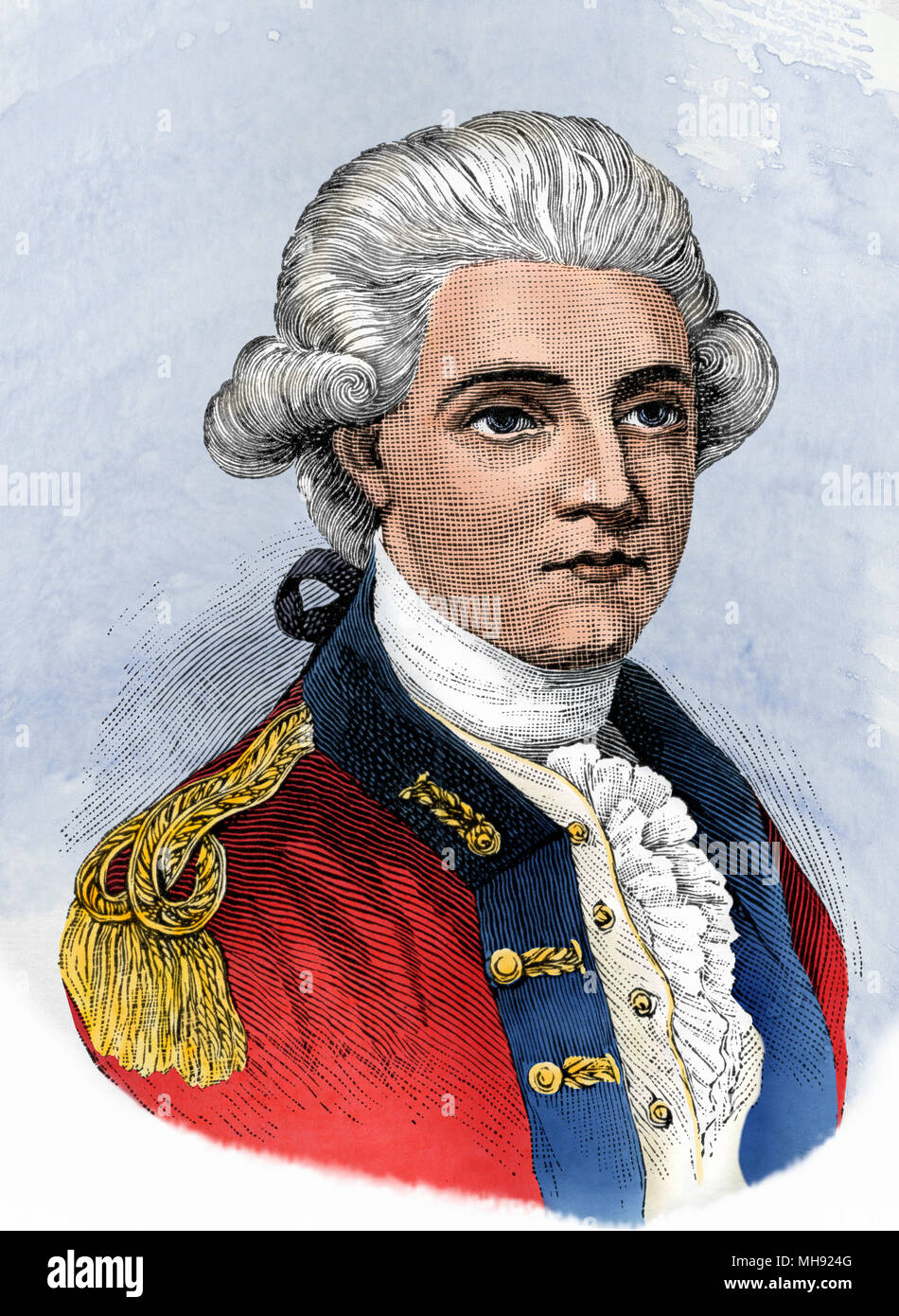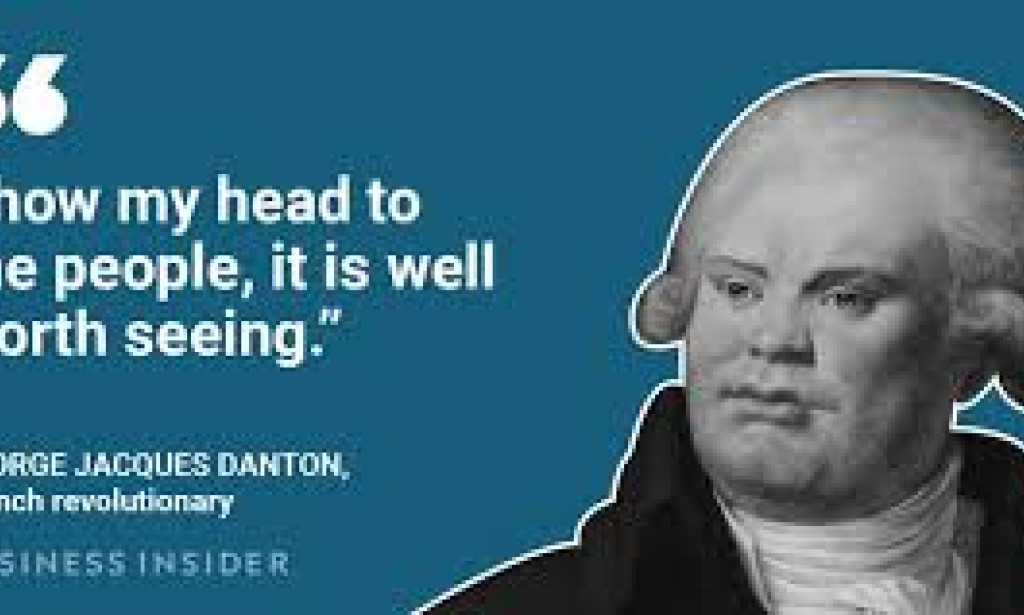These last words of notable figures offer a glimpse into their humanity and the circumstances surrounding their final moments, leaving a lasting impact on history.

Sir James Matthew Barry, also known as JM Barry, the Scottish novelist and dramatist behind Peter Pan, uttered the poignant words "I can't sleep" on his deathbed at the Dey Terrace House in London, England, before succumbing to pneumonia in 1937. He was laid to rest next to his parents and siblings in Scotland.

Thomas Jefferson, the third President of the United States, famously said, "Thomas Jefferson survives," before passing away on July 4th, 1826. Some believe he intended to say, "Thomas Jefferson still survives," but only managed to articulate the former phrase.

During the French Revolution, Queen Mary Antoinette, while being taken to the guillotine, unintentionally stepped on the foot of her executioner and politely uttered the word "Pardon" moments before her execution.

Renowned American novelist Louisa May Alcott, best known for "Little Women," believed she was suffering from meningitis but uttered, "Is it not meningitis?" on her deathbed. It was later discovered that she had been poisoned with mercury years earlier when treated for typhoid fever.

Mary Elizabeth Jenkins Surratt, the first woman to be executed by the U.S. federal government, pleaded, "Please don't let me fall," before her public execution on July 7th, 1865, after being found guilty of treason in the conspiracy to assassinate President Abraham Lincoln.
James Donald French, a convicted murderer, uttered the lighthearted phrase, "Hey fellas, how about this for tomorrow's headline? French fries," before being executed by electrocution in 1966, marking the last death penalty execution in Oklahoma.
John Quincy Adams: A Contented Farewell to Earthly Life. On February 21st, 1848, former President of the United States John Quincy Adams gleefully pronounced his final words, "This is the last of Earth. I am content," seconds before succumbing to a severe internal cerebral hemorrhage. Triggered by a fall on the floor of the U.S. Capitol building where he was serving as a Representative, Adams's deathbed utterance conveyed a profound sense of acceptance and fulfilment with the life he had lived, a poignant farewell to the earthly realm.
Alexander the Great: A Legacy Entrusted to the Strongest. As one of history's greatest warriors lay dying, his generals inquired whom he deemed worthy of succeeding him in commanding his vast empire. With his audible voice fading, Alexander the Great responded, "To the strongest," entrusting his legacy to the most formidable among his men. This enigmatic final statement has sparked endless debates and interpretations, reflecting the complexity of his character and the weight of his extraordinary conquests.

John F. Kennedy: A Poignant Rebuttal to Tragedy: In a chilling twist of fate, President John F. Kennedy's final words were a resolute rebuttal to a well-intentioned remark made mere moments before his assassination. When the wife of then-Governor John Connally remarked, "You certainly cannot say that the people of Dallas haven't given you a nice welcome, Mr. President," Kennedy responded with a firm "No, you certainly can't." Little did he know that those words would become his last, forever etched in history as a haunting prelude to the tragic events that unfolded in Dallas on that fateful day.
Alexander II of Russia: A Monarch's Final Wish. As the fatally wounded Russian Tsar lay mutilated under the wreckage of his carriage following an assassination attempt by a group of anarchists, he feebly uttered the words, "Home, to the Palace, to die." Alexander II's final request encapsulated the dignity and resolve of a great leader, his desire to confront death on his terms within the hallowed walls of his imperial abode. His guards swiftly obliged, transporting him to the palace where he breathed his last, a tragic end to a reign marked by reform and progress.
Hector Hugh Munro (Saki): A Writer's Prophetic Warning. During the First World War, British writer Hector Hugh Munro, better known by his pen name "Saki," cautioned a fellow officer, "Put out the bloody cigarette." Fearing the smoke might reveal their position to the enemy, Saki's words proved tragically prophetic. Moments later, a German sniper located their hiding spot, allegedly due to their conversation, and fatally shot the writer. Saki's final utterance underscored the harsh realities of war and the fragility of life on the battlefield.
Salvador Allende: A Defiant Stand for Principles. As the military forces stormed the Monera Palace in Santiago, Chile, on September 3rd, 1973, in an attempt to overthrow the democratically elected government, President Salvador Allende defiantly declared, "These are my last words, and I am certain that my sacrifice will not be in vain. I am certain that, at the very least, it will be a moral lesson that will punish felony, cowardice, and treason." Moments later, in a stunning display of conviction, Allende took his own life, his final act a powerful statement against the forces of oppression and a testament to his unwavering commitment to democracy and justice.

Major John André: A Soldier's Bravery in the Face of Execution. Major John André, a British officer convicted of espionage during the American Revolutionary War, faced his execution with unwavering courage. As recounted by James Thatcher in his account of the Revolution, André uttered the words, "I pray you to bear me witness that I meet my fate like a brave man," as he raised the white handkerchief tied around his head to cover his eyes moments before being hanged. His final request for his bravery to be witnessed was a powerful affirmation of his honor and resilience, even in the face of an unjust fate.



You must be logged in to post a comment.